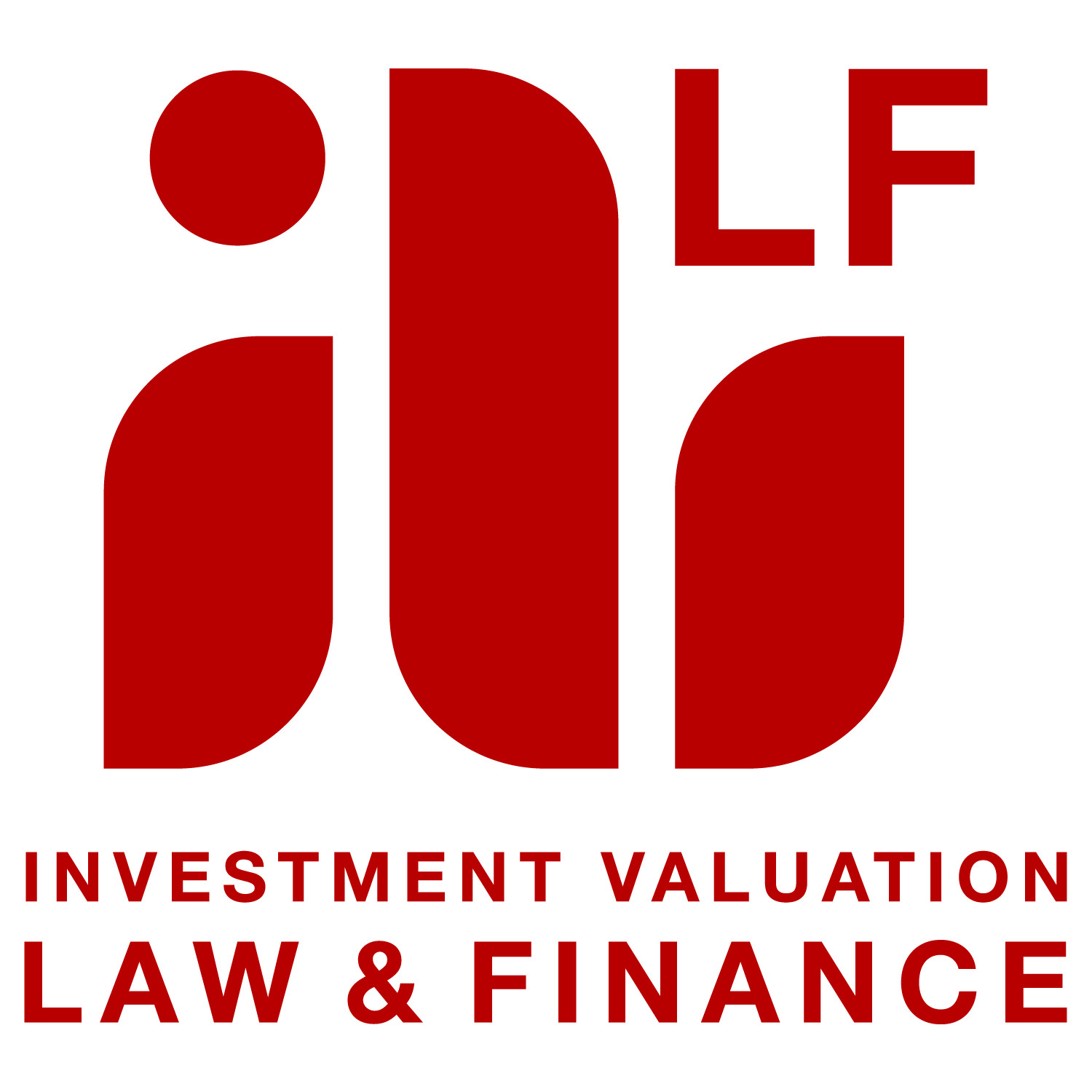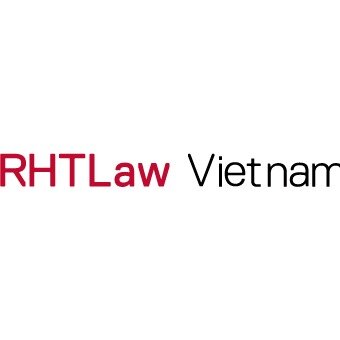Best Debt Capital Markets Lawyers in Hanoi
Share your needs with us, get contacted by law firms.
Free. Takes 2 min.
List of the best lawyers in Hanoi, Vietnam
About Debt Capital Markets Law in Hanoi, Vietnam
Debt Capital Markets, often abbreviated as DCM, involve the issuance and trading of debt securities such as bonds and notes. In Hanoi, Vietnam, Debt Capital Markets are a critical part of the country's financial system, enabling both public and private entities to raise medium to long-term funding for large-scale projects and operations. The Vietnamese government has introduced reforms to improve transparency, investor protection, and market efficiency, making the DCM sector increasingly attractive to domestic and international investors. Regulatory oversight is provided by bodies such as the State Securities Commission of Vietnam (SSC) and the Ministry of Finance.
Why You May Need a Lawyer
Engaging in Debt Capital Markets transactions can be complex and often requires specialized legal expertise. Here are common situations where legal assistance might be necessary:
- Structuring and issuing corporate or government bonds, including regulatory filings
- Advising on compliance with securities laws and disclosure requirements
- Negotiating terms with investors or financial institutions
- Cross-border fundraising and listing debt securities on foreign or domestic exchanges
- Due diligence for mergers, acquisitions, or restructuring involving debt instruments
- Resolving disputes or investor claims related to bond issuances or defaults
- Navigating tax implications for issuers and investors
- Assisting with regulatory inspections or enforcement actions
Local Laws Overview
The regulatory framework for Debt Capital Markets in Hanoi is governed mainly by the Law on Securities, the Law on Enterprises, the Law on Investment, and related decrees and circulars. Key considerations for market participation include:
- All public issuance of bonds must be approved by the regulatory authorities and meet disclosure standards
- Private placements have specific conditions regarding eligible investors and transfer restrictions
- Foreign participation is allowed but may be subject to limitations depending on the type of issuer and security
- Issuers must comply with anti-money laundering and anti-corruption requirements
- Regulatory authorities such as the SSC oversee market conduct and can impose sanctions for violations
- Taxation of debt instruments is regulated for both issuers and investors, impacting interest payments and gains
Frequently Asked Questions
What is a bond issuance, and how does it work in Vietnam?
A bond issuance is when a government, corporation, or other entity raises funds by selling debt securities to investors. In Vietnam, this process requires adherence to disclosure, regulatory approvals, and compliance with securities laws.
Who can issue debt securities in Hanoi?
Enterprises, banks, state-owned organizations, and the government itself are allowed to issue bonds and other debt securities, provided they meet certain regulatory requirements and financial standards.
Are there restrictions on foreigners buying Vietnamese debt securities?
Foreign investors can participate in Vietnam's Debt Capital Markets, but there may be restrictions based on the type of bond, sector, or issuer. It is important to verify investment limits and reporting obligations.
What are private placements, and how do they differ from public offerings?
Private placements refer to bond issuances sold to a select group of investors rather than to the public. These placements have simpler procedures but stricter transfer limitations.
What disclosures must issuers provide when offering bonds?
Issuers must disclose financial statements, business plans, risks, use of proceeds, and other detailed information to protect investor interests and comply with regulatory standards.
What happens if an issuer defaults on their bonds?
If an issuer fails to meet its repayment obligations, investors may pursue legal remedies such as debt restructuring, litigation, or enforcement of security interests, depending on the bond's terms and Vietnamese law.
What are the key taxes related to Debt Capital Markets transactions?
Interest income from bonds may be subject to personal or corporate income tax. Capital gains tax can also apply to profits realized from trading debt securities.
Can bonds be listed on foreign exchanges?
Yes, Vietnamese issuers can list bonds internationally, subject to approvals from Vietnamese regulators and compliance with the foreign exchange's requirements.
How are bonds regulated in Vietnam?
Regulation is mainly conducted by the State Securities Commission of Vietnam, with additional oversight from the Ministry of Finance and the Stock Exchanges.
How long does it take to issue a bond in Hanoi?
The timeline can vary but generally takes several months, accounting for preparation, regulatory filings, and obtaining approvals.
Additional Resources
If you are looking for more information or support related to Debt Capital Markets in Hanoi, consider reaching out to the following organizations:
- State Securities Commission of Vietnam (SSC)
- Hanoi Stock Exchange (HNX)
- Ministry of Finance
- Vietnam Bond Market Association (VBMA)
- Local law firms with expertise in capital markets
- Financial advisors and investment banks active in Hanoi
Next Steps
If you are considering issuing, investing, or otherwise participating in Debt Capital Markets transactions in Hanoi, Vietnam, it is advisable to:
- Identify your specific needs, such as issuance, investment, or compliance
- Gather necessary documentation, including financial statements and business plans
- Consult with a lawyer who specializes in Debt Capital Markets to ensure regulatory compliance and mitigate risks
- Engage with relevant governmental or regulatory bodies for guidance and approvals
- Stay informed about ongoing legal and regulatory developments in the Vietnamese Capital Markets sector
Taking these steps will help ensure your activities are compliant and legally sound within Hanoi's dynamic Debt Capital Markets.
Lawzana helps you find the best lawyers and law firms in Hanoi through a curated and pre-screened list of qualified legal professionals. Our platform offers rankings and detailed profiles of attorneys and law firms, allowing you to compare based on practice areas, including Debt Capital Markets, experience, and client feedback.
Each profile includes a description of the firm's areas of practice, client reviews, team members and partners, year of establishment, spoken languages, office locations, contact information, social media presence, and any published articles or resources. Most firms on our platform speak English and are experienced in both local and international legal matters.
Get a quote from top-rated law firms in Hanoi, Vietnam — quickly, securely, and without unnecessary hassle.
Disclaimer:
The information provided on this page is for general informational purposes only and does not constitute legal advice. While we strive to ensure the accuracy and relevance of the content, legal information may change over time, and interpretations of the law can vary. You should always consult with a qualified legal professional for advice specific to your situation.
We disclaim all liability for actions taken or not taken based on the content of this page. If you believe any information is incorrect or outdated, please contact us, and we will review and update it where appropriate.

















